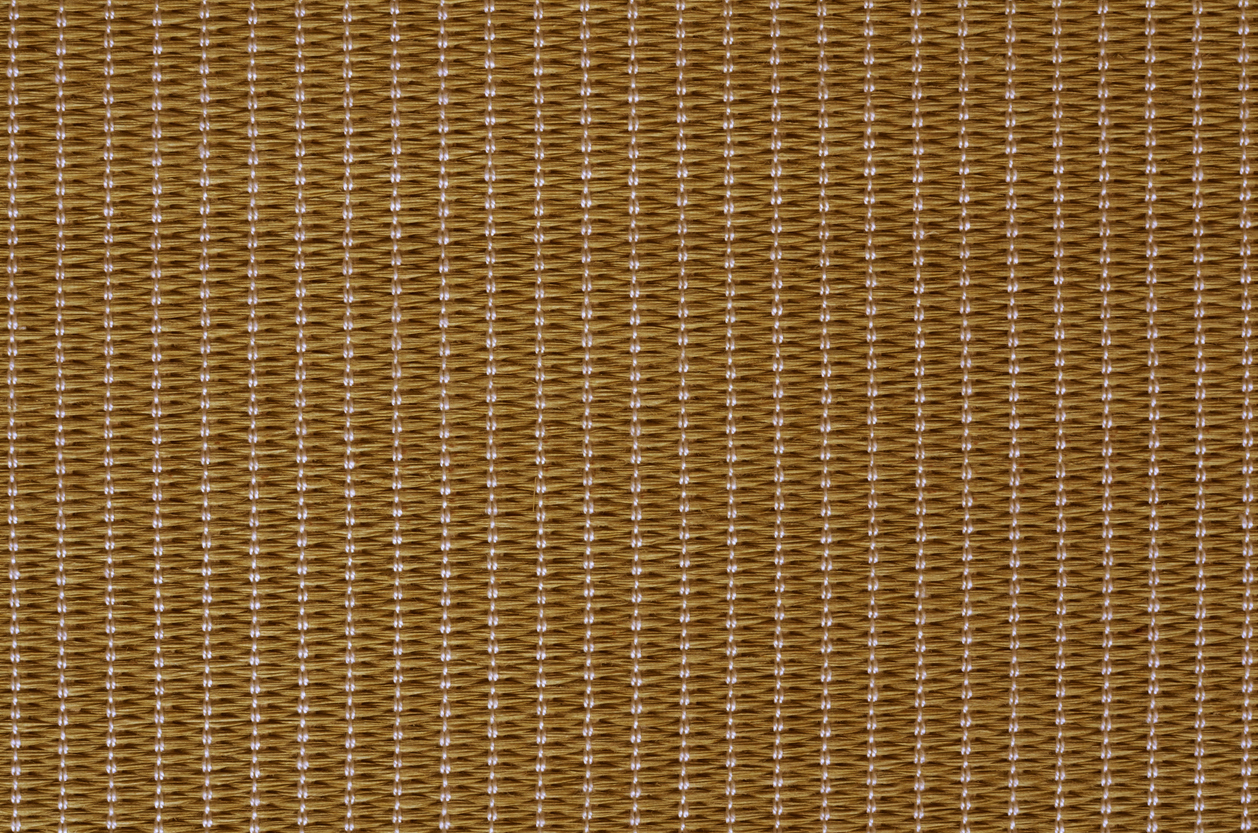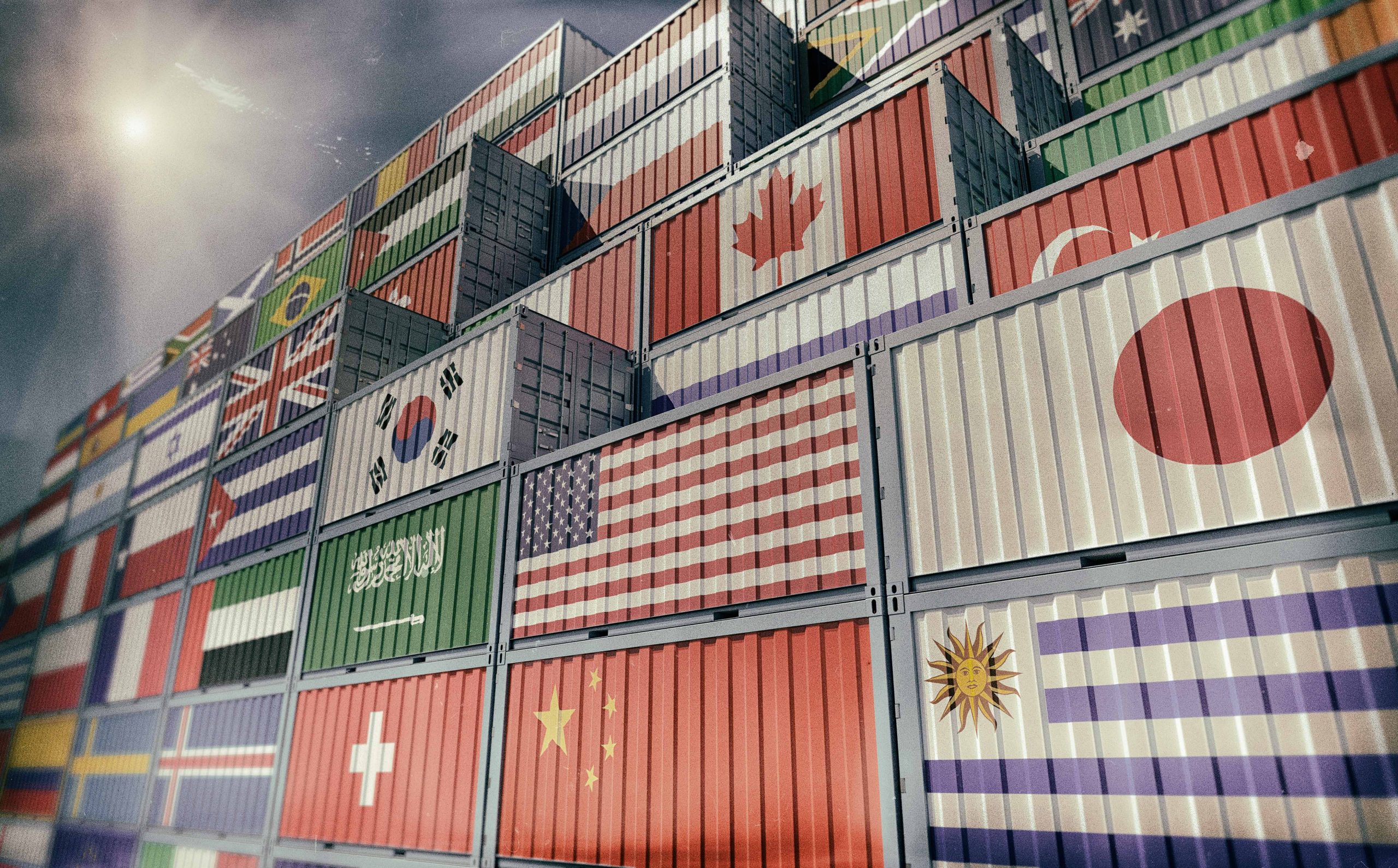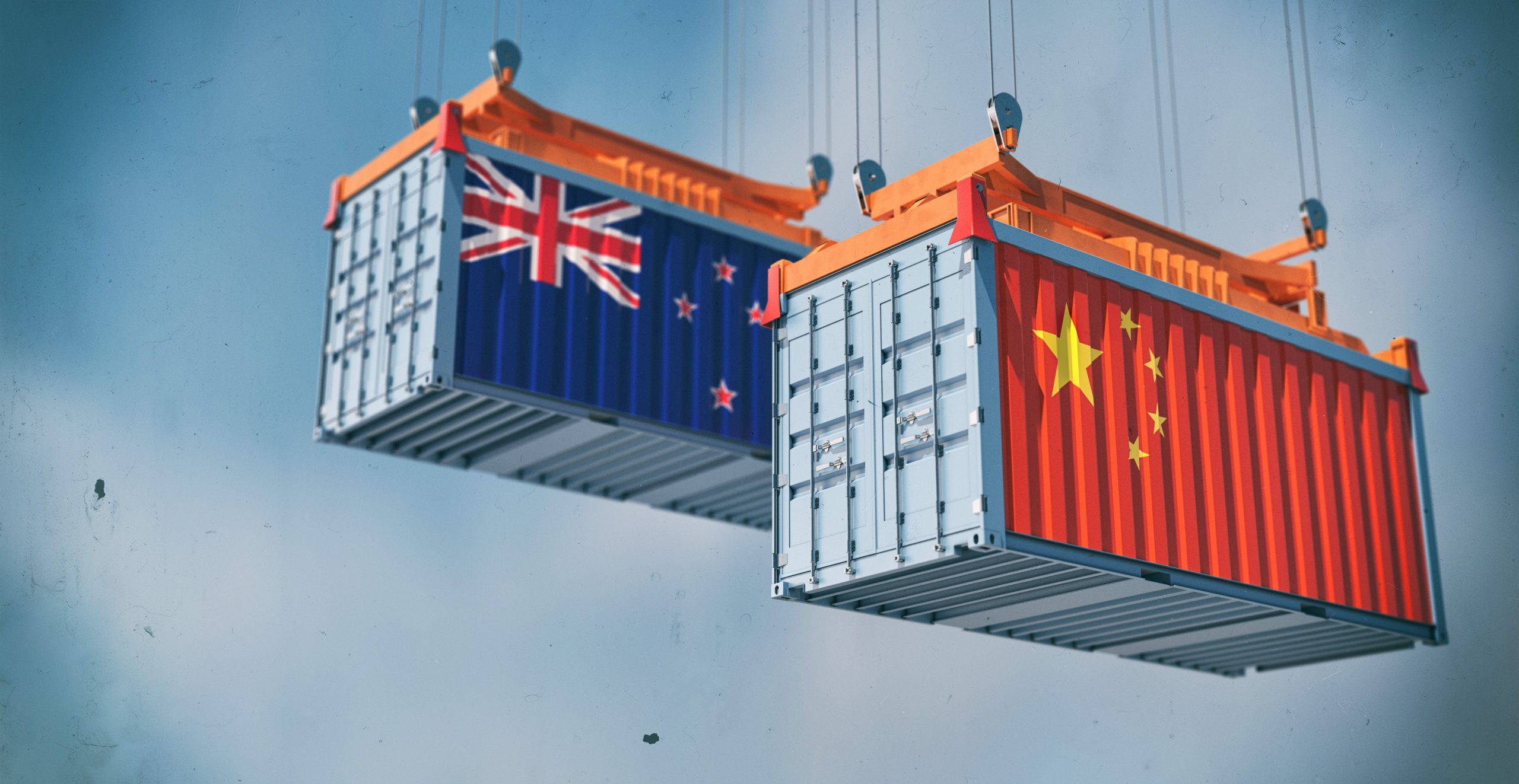Buy Synthetic Filament Yarn Woven Fabric in Kenya with Wigmore Trading
Buy Synthetic Filament Yarn Woven Fabric in Kenya with Wigmore Trading
Synthetic filament yarn is a type of man-made fiber that is constructed from plastic. This material is most often used to produce durable textiles that are resistant to natural oils and moisture. As a result, synthetic filament yarn is commonly used for creating products such as industrial clothing and bags, or fashionable items like sweaters and scarves. At Wigmore Trading, we offer a wide range of high-quality synthetic filament yarns for our clients in Kenya. We procure our products from reliable suppliers around the world and sell them directly to businesses and individuals. If you’re interested in learning more about our selection of synthetic filament yarns or would like to place an order, you can continue reading this blog post for details.
What is Synthetic Filament Yarn?
Synthetic filament yarn is a type of man-made fiber that is constructed from plastic. This material is most often used to produce durable textiles that are resistant to natural oils and moisture. Synthetic filament yarn is commonly used to create industrial clothing, bags, and footwear. This type of yarn is made by extruding molten polymer through a spinneret to create small filaments. These filaments are then collected together and wound into a ball that can be used to create a textile. The properties of synthetic filament yarn are largely determined by the type of polymer used, the chemical make-up of the polymer, and the spinning process.
How is Synthetic Filament Yarn Made?
Synthetic filament yarn is made from a thermoplastic polymer by extruding it through a spinneret and collecting it on a bobbin. Polymer filaments are formed into strands, which are then twisted together with other strands to create a yarn. The extrusion process used to create synthetic filament yarn begins with a resin being fed into a heated hopper. The resin will pass through a feed screw before entering a pressure vessel that applies heat and pressure. After exiting the pressure vessel, the resin enters a kneading machine where it is mixed with other substances. These substances are commonly fillers (like clay), pigments, and other chemical agents that are added to alter the physical properties of the final yarn.
Benefits of Woven Fabric Produced from Synthetic Filament Yarn
Synthetic filament yarn can be used to create woven fabric that is extremely durable, flexible, and water-resistant. As a result, synthetic filament yarn is commonly used to create industrial clothing, bags, and footwear. Fabrics made from synthetic filament yarn are highly durable and can withstand heavy wear and tear. Additionally, synthetic filament yarn is water-resistant and will not become waterlogged when exposed to water. These fabrics are often used for creating products that need to be washable and resistant to staining, like work uniforms and bags.
Types of Synthetic Filament Yarn
There are many different types of synthetic filament yarn that you can choose from, including: – Acrylic Filament Yarn – This yarn is made from acrylic, which is a synthetic polymer that is commonly used in textiles. Acrylic filament yarn is often used to produce fabrics that are soft, smooth, and opaque. Among its many uses are for creating sweaters, scarves, and blankets. – Polyester Filament Yarn – Polyester filament yarn is a common type of synthetic filament yarn that is used to produce fabrics that are smooth, soft, and strong. Polyester filament yarn is often used to produce budget-friendly fabrics that are commonly used for clothing, bags, and industrial purposes. – Polypropylene Filament Yarn – Another common type of synthetic filament yarn is polypropylene filament yarn, which is made from polypropylene. This type of yarn is often used to create stain-resistant fabrics that are strong but also lightweight. Polypropylene filament yarn is often used to create fabrics that are used for clothing, bags, and household items.
Key Things to Consider Before Purchasing Synthetic Filamental Yarn
When purchasing synthetic filament yarn, there are a few things to keep in mind. These factors will help you determine which type of yarn is most appropriate for your project. – Weight – The weight of synthetic filament yarn will depend on the type of fiber used to create it. The weight of yarn is often measured in terms of the number of grams in one kilometer of yarn. The lower the number, the lighter the yarn will be. – Breaking Strength – Breaking strength refers to how much force it takes to break a sample of fabric. The breaking strength of synthetic filament yarn will depend on the type of fiber used to create it. – Pilling Resistance – Pilling is the process where loose fibers collect on the surface of the fabric and form little “balls” that can be easily removed. Pilling is often caused by friction and abrasion during wear. Depending on the type of synthetic filament yarn you select, it may be less prone to pilling. – Smell – While synthetic filament yarn does not contain any natural fibers, it can still emit a faint chemical smell when new. This smell is often caused by manufacturing residue that is not removed during the cleaning process.
Bottom line
Synthetic filament yarn is a type of man-made fiber that is commonly used to produce durable textiles resistant to natural oils and moisture. Because of these properties, synthetic filament yarn is often used to create industrial clothing, bags, and footwear. This type of yarn is made by extruding molten polymer through a spinneret to create small filaments. These filaments are then collected together and wound into a ball that can be used to create a textile. Synthetic filament yarn can be used to create woven fabric that is extremely durable, flexible, and water-resistant. These fabrics are often used for creating products that need to be washable and resistant to staining, such as work uniforms and bags. When purchasing synthetic filament yarn, there are a few things to keep in mind. These factors will help you determine which type of yarn is most appropriate for your project.








LEAVE A COMMENT
You must be logged in to post a comment.